[vc_row][vc_column][vc_column_text]We speak to many businesses every day, who are still afraid of opening their doors to social media marketing.
These clients won’t always say outright that they are unsure of the platforms, but will instead say things like:

“Our industry doesn’t lend itself to social media”,
or something about being an industrial business, such as:
“We’re B2B, not B2C – we don’t need social media.”
These conversations differ slightly, but generally go the same way. Reason after reason. Excuse after excuse. We’re not on social media because. . . we don’t do social media because we. . . it’s only for young people. . .
We do understand this. When you are a business owner, you’re already juggling a million balls up in the air. Often, the suggestion that you add another ball like social media can elicit a groan.
But, social media isn’t going away. Your customers and potential customers are on social media. And so are your competitors. Social platforms help you connect with your target market, allow you to increase awareness about your brand, as well as boost your leads and sales. With more than three billion people around the world using social media every month, it’s no passing trend. In fact, social media is one of the fastest growing, and arguably, most innovative ways of marketing your business today. Below are some of the main reasons we hear daily about why a business isn’t implementing a social media strategy, along with ITCS’ reasoning behind why they should be.
1) We’d have no control over what others said about us:
This is probably the most common uncertainty we hear. It’s true: Social media allows everyone to be a journalist. It’s a completely public platform. Provide a bad client experience, and they will quickly take to their Twitter or Facebook feed to express their disappointment.
Our answer to this is always the same:
They are going to say it anyway.
This may sound harsh; but even before social media came to its prominence, word-of-mouth still spread like wildfire. Whether you have a social presence or not, people will still complain about a bad service experience, and tell as many of their friends as they can. So, with that in mind – social media complaints can be a golden opportunity to control your narrative as a brand. It can allow you to showcase your customer centricity and brand values, and potentially quickly change a bad review into an improved experience. For tips on how to handle social media complaints, see this article by the Social Media Examiner.
Build an active networking base online to ensure that you can communicate quickly and respond to the conversation going on. Present your own perspective on the topic. Be part of the conversation, and don’t ignore it.
2) Social Media marketing can’t be measured:
Our answer to this? Yes it can!
How do you measure a billboard? Do you know how many people drove by, read it, and bought your product? How do you measure a TV, newspaper or radio ad? Can you calculate how many heard, watched, or read the ad, were swayed by its’ message and bought as a direct result of it? How many people never even saw it because they changed the channels?
It’s true that measuring the results of your social media marketing campaign can be challenging, because there is not a clear path to measure true ROI. However, you can easily measure engagement. Platforms are now becoming more sophisticated – you can now see on Facebook, Twitter and LinkedIn how many people engage with your content. Social media can tell you how long someone watched a video or visited a website, when they clicked away, and where they went. In contrast, mainstream media can only guess at the numbers of viewers, listeners, and readers. We aren’t saying that these forms of marketing aren’t effective, but they should definitely be integrated with online channels in order to be able to truly measure customers’ engagement with your brand.
 3) I don’t want my staff on their phones all day:
3) I don’t want my staff on their phones all day:
According to recent studies, UK employees spend nearly 3 hours a week on social media – so we understand this concern. However – as we stated earlier, social media isn’t going away. So our answer to this?
If you can’t beat ’em, join ’em:
Rather than reprimand your employees for all the time they’re probably already spending on social media, why not harness that time spent online for promoting your business? Encourage them to share pictures, blog articles, an other similar activities. If you are a B2B service business, employee advocacy on platforms like LinkedIn can actually be a very effective lead generation tool.
4) Paid advertising is expensive:
We also understand this one. It’s true – poorly targeted social media adverts with no strategy can be costly. When it comes to advertising on social media, it is best to proceed with caution and with a budget in mind, as spending more money doesn’t necessarily equate to greater success.
However, when done right, paid advertising on social media can be really effective. Each platform is designed to facilitate the goals of your business, such as brand awareness, lead generation, website traffic, and more.
Our recommendation:
We recommend planning out paid advertising. Work out who your target audience is: who do you want to reach and how you want to reach those people? Then, you will be able to decide how to spend your advertising budget.
5) I have no time and I’m really not ‘techy’:
This is one uncertainty that is both extremely common and totally understandable. There are two elements to our advice here. Busy business owners can find social media a struggle: It can even be frustrating. You may have the the best of intentions, and the desire to be helpful and visible on social media. But real time posting throughout the day, lack of resources and having to split yourself into 10 different roles at once, means that real time social media just isn’t realistic for a busy business owner or Managing Director.
Our time-saving solution:
Schedule your posts.
Social media scheduling, quite simply, saves time. No more having to get to your computer at a certain time each day, no more missed opportunities. Scheduling your social content in advance lets you take care of everything scheduling-related in one go, and then it’s out of sight, out of mind. Then, you only have to keep up with notifications and engagement with posts.
Our tech novice solution:
Ask ITCS for help.
This is for those who simply do not know how to use social media. You’ve read through this article, you agree with all of the points put across, and yet you are still feeling disheartened. You don’t know where to begin, and you don’t have the time to sit down and learn from the beginning. Well – we can help there. We build a bespoke SEO and Digital Marketing Strategy to enable you to continue doing what you do best – running your business. At ITCS, we’ll work alongside your business every step of the way. We will get your website seen by more people, and make sure it appeals to all your potential customers.
Rounding Up:
The power of social media is huge, and it can open the doors of success for your business when used in the right manner. Benefits generated are cost effective and measurable and there is no reason why you shouldn’t be using them.
[/vc_column_text][/vc_column][/vc_row][vc_row][vc_column width=”1/1″][button label=”Get in Touch”][/vc_column][/vc_row]






 CLOSE
CLOSE











